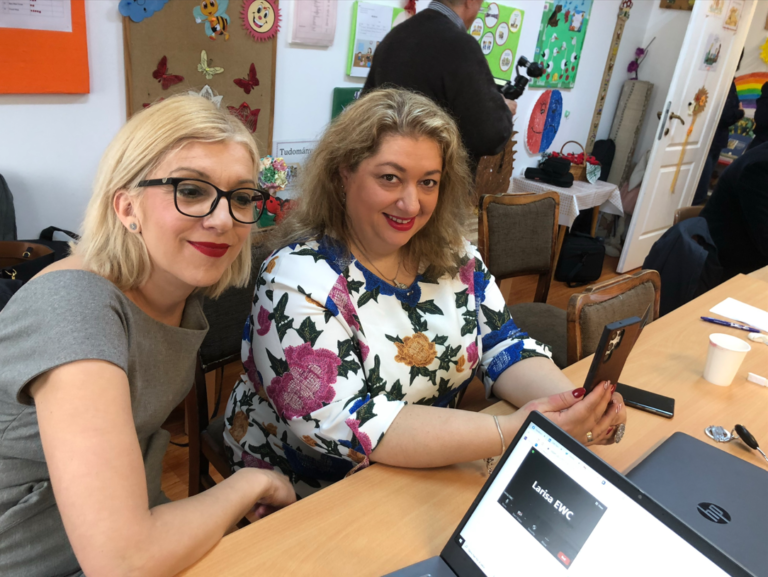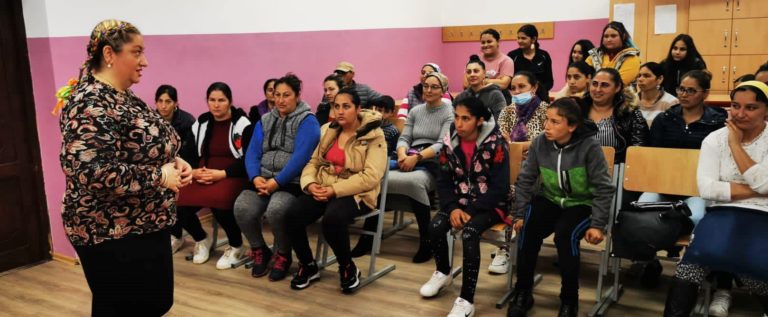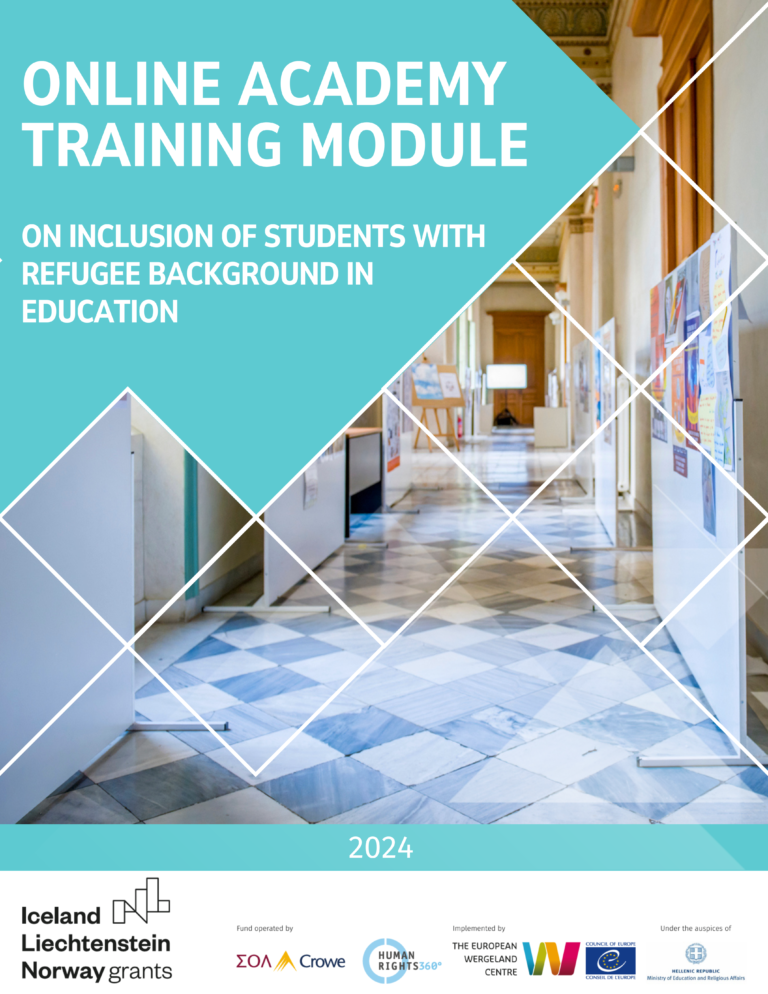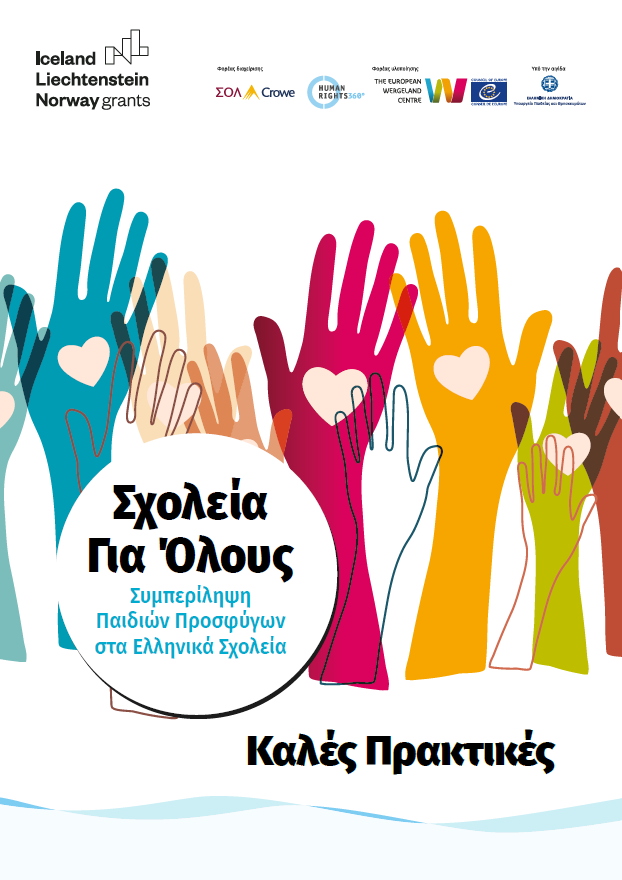EWC’s Schools for Democracy in Ukraine moved the training of 120 schools completely online due to the current outbreak of the corona virus. Work has also been intensified on a Massive Open Online Course on «How to build a democratic school», which will hopefully be launched in June.
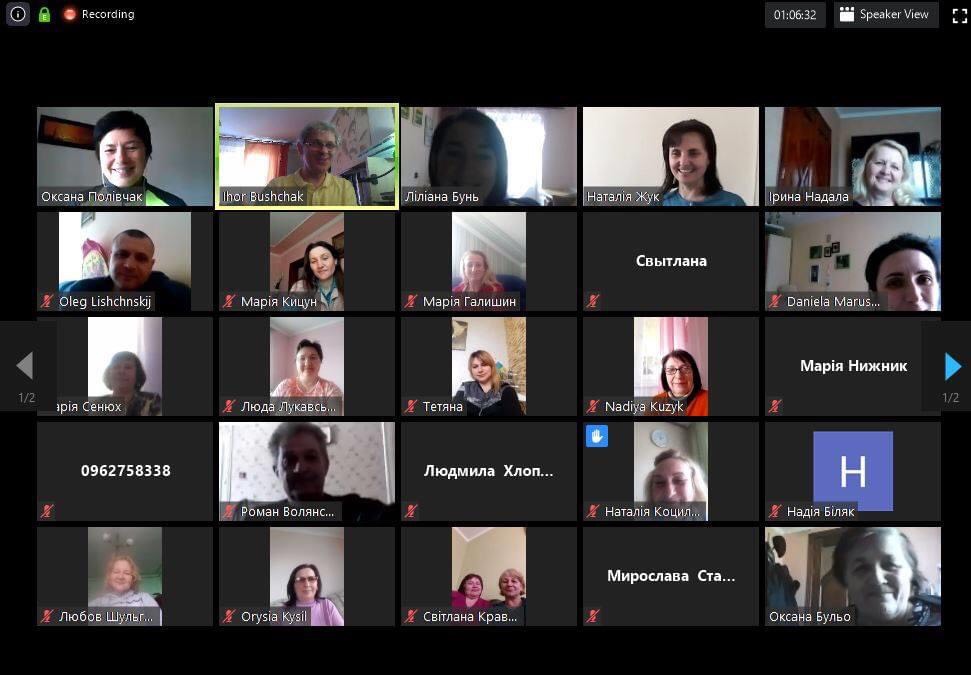
This was possible as the project already has a considerable online component. Schools for Democracy facilitate teacher training and school development via two main blended learning courses – “Democratic School Development” and “Development and Assessment Civic Competences at School”, both encompass online tasks and physical workshops at school.
As regular school workshops no longer could be carried out, the project turned quickly around and organized digital meetings as an alternative for 120 schools. The number of participants per seminar ranged from 5 to 60, including teachers, school administration, students, parents and other members of the local community. At the meetings school teams discuss materials for development of democratic competences, assess the situation at school and evaluate changes they have made in school practices.
«Most participants seem very enthusiastic about continuing their work on bringing more democratic practices to school and educating active citizens. Although some are overloaded with work, trying to set up distant learning systems for students, many teachers in Ukraine lack opportunities for teacher trainings during the lockdown and they appreciate the opportunity Schools for Democracy present», Iryna Sabor, project manager, said.
Schools for Democracy also moved the work to assist the piloting of approaches in the new national curriculum online. This week 52 schools took part in an online workshop to facilitate working on new tools for the development and assessment of democratic competences.
According to Andriy Donets, coordinator of the project´s online learning component, new challenges have emerged as interactions between teachers, students and parents moved online.
“It is important to secure student participation by means of digital tools as they lack opportunities for active engagement offline, as well as raise the awareness on cyberbullying and internet security. We are working to launch a series of webinars to help teachers deal with these new challenges, and this week we are hosting a webinar on how to cooperate online to build partnerships between different stakeholders at school. The event is open for a wider public, also beyond the project”, Donets says.
While all larger conferences have been postponed until autumn-winter 2020, the project has intensified the work on a massive open online course on «How to build a democratic school». It will be an interactive online guide with 30 topics ranging from democratic governance to interactive teaching and learning methods and cooperation with community, each equipped with suggestions for practical activities. This course will target teachers and schools beyond the programme and will hopefully reach out to many more agents of change in the country.
